On June 6, 2025, President Donald J. Trump signed two Executive Orders to enhance U.S. drone security and innovation, prompting a comprehensive response from DJI, the world’s leading drone manufacturer.
Facing potential restrictions due to its Chinese origins, DJI issued an official statement reaffirming its commitment to safety, security, and growth within the U.S. drone ecosystem, offering clarity for DroneXL readers who depend on its drones.
DJI expresses support for the administration’s efforts, stating:
“We applaud the administration’s action to boost industry innovation, particularly by expanding routine Beyond Visual Line of Sight (BVLOS) operations for UAS for commercial and public safety purposes and streamlining approval and certification processes, as well as broadening the adoption of Remote ID detection technologies and empowering authorities to protect the public from inappropriate drone use.”
This aligns with the orders’ goals while positioning DJI as a cooperative partner. The company also welcomes opportunities to demonstrate its privacy controls and security features, noting:
“We stand ready to cooperate with any rulemaking processes or investigations.”

DJI emphasizes its industry leadership, built on “early innovation and sustained investment in R&D, safety, and security.” Its drones feature robust security protocols, undergo independent audits, and provide industry-leading data privacy controls.
A DJI spokesman added, “The company should be evaluated based on its technology, not country of origin, and that independent and U.S. Government audits have found DJI drones are secure and don’t transmit data to China.” This counters security concerns driving the orders.
Addressing data privacy, DJI highlights user empowerment.
The statement notes, “DJI has always supported technically grounded minimum security requirements across all UAS manufacturers, regardless of their country of origin. For example, DJI operators have protections that we believe should be industry standards. DJI users can choose not to share data, operate fully offline, deploy on their own private networks, and/or use trusted U.S. or European software alternatives to DJI’s own, giving them added control over their data and operations.”
This flexibility, including Local Data Mode, responds to the 12-month security Review mandated by the December 2024 NDAA, due by December 23, 2025.
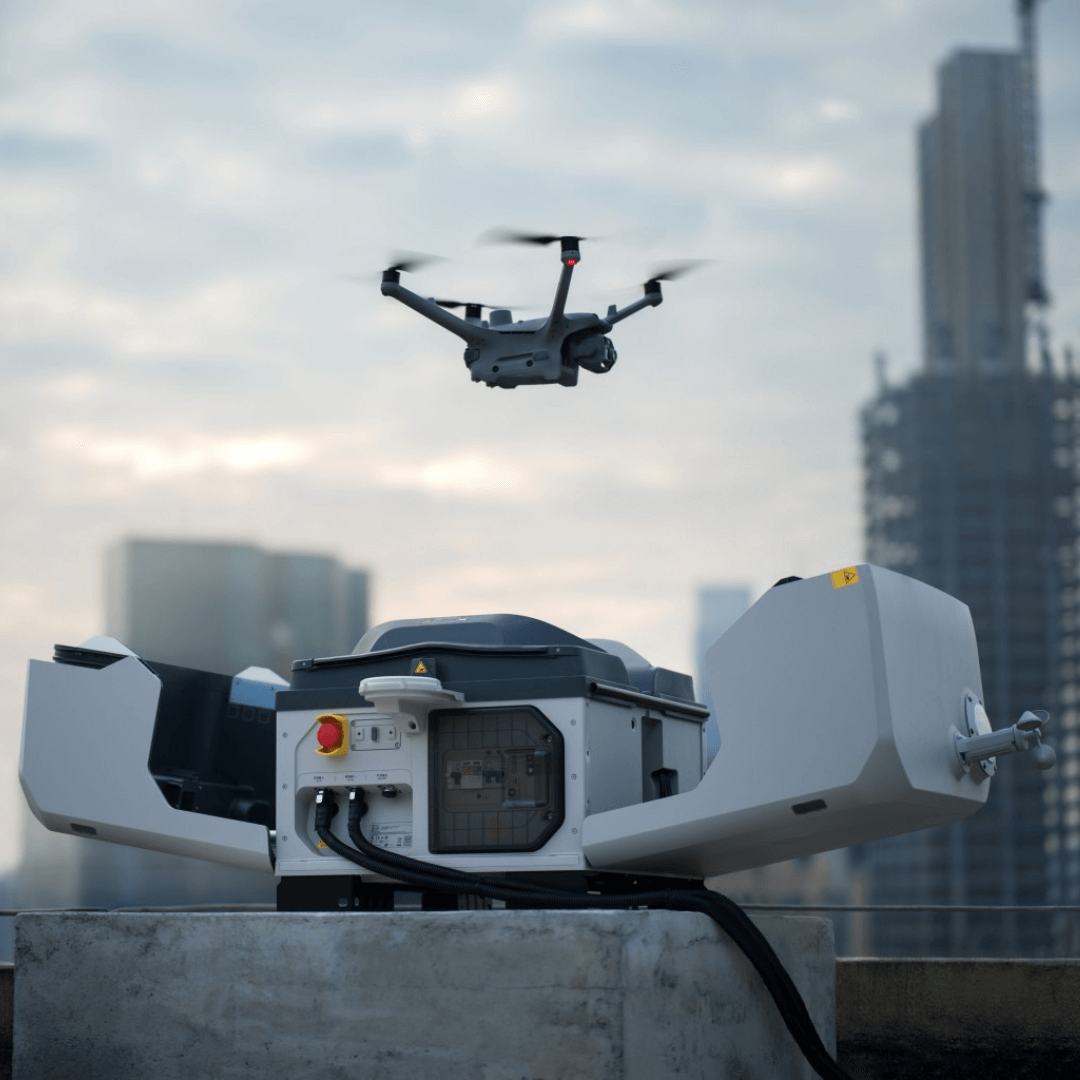
DJI commits to ongoing engagement, stating, “We look forward to engaging with the appropriate government authorities to ensure that any decisions are made based on the quality and safety of our products.”
With its 70% to 90% U.S. market share outside federal use, per the Wall Street Journal, DJI aims to navigate potential restrictions while supporting the ecosystem.
For now, DJI users can rely on existing models, but the 12-month review looms. DJI’s full cooperation and security focus offer hope, though pilots should monitor developments by December 2025 as the U.S. assesses its drones’ safety.
Photos courtesy of DJI
Discover more from DroneXL.co
Subscribe to get the latest posts sent to your email.

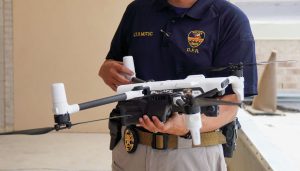



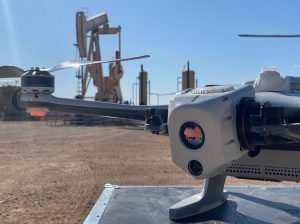
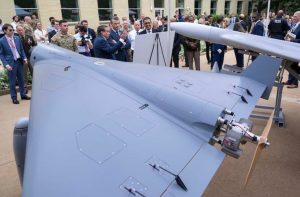

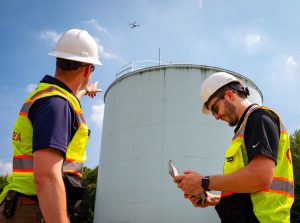
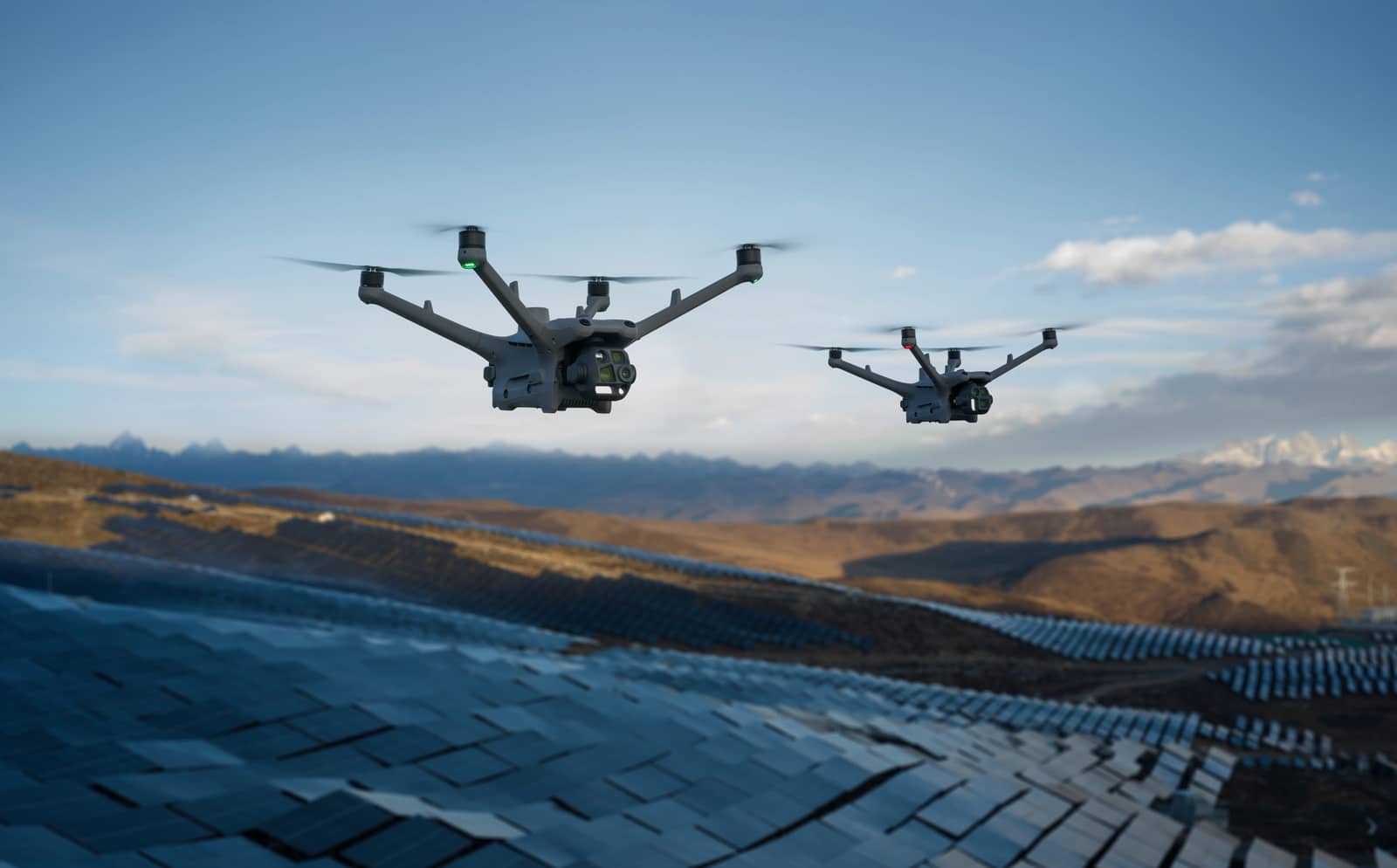
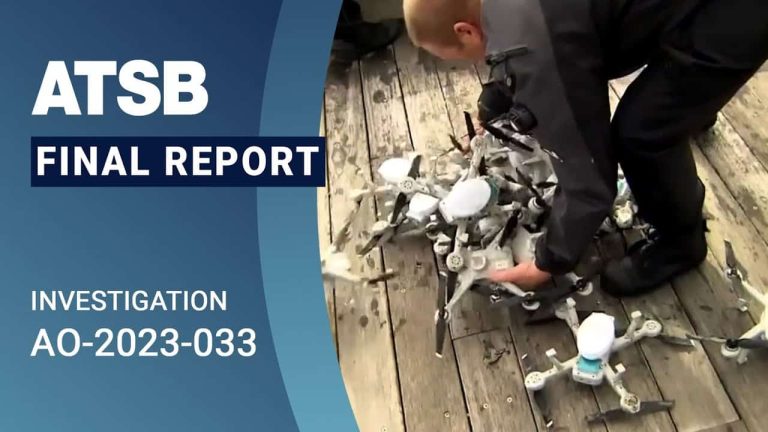
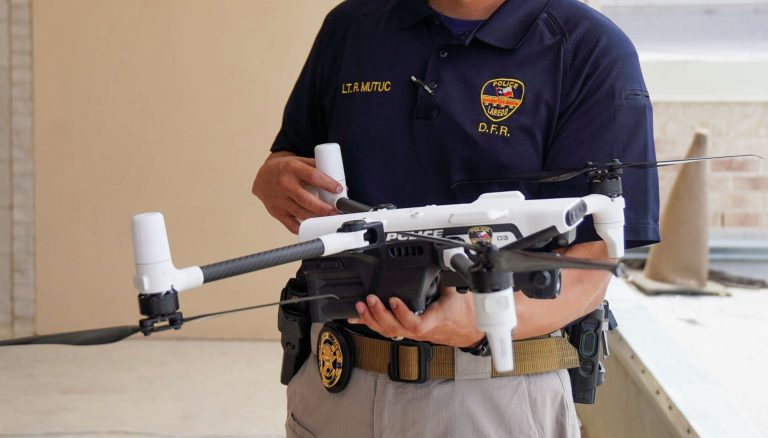

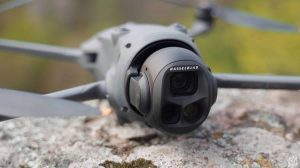

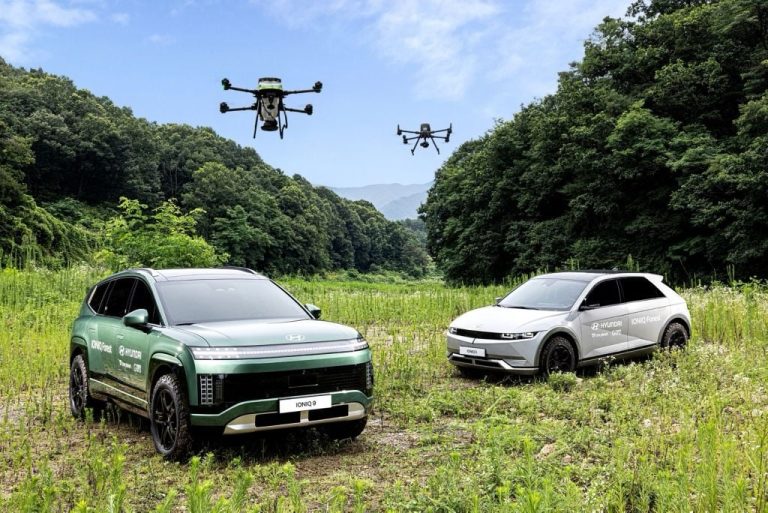
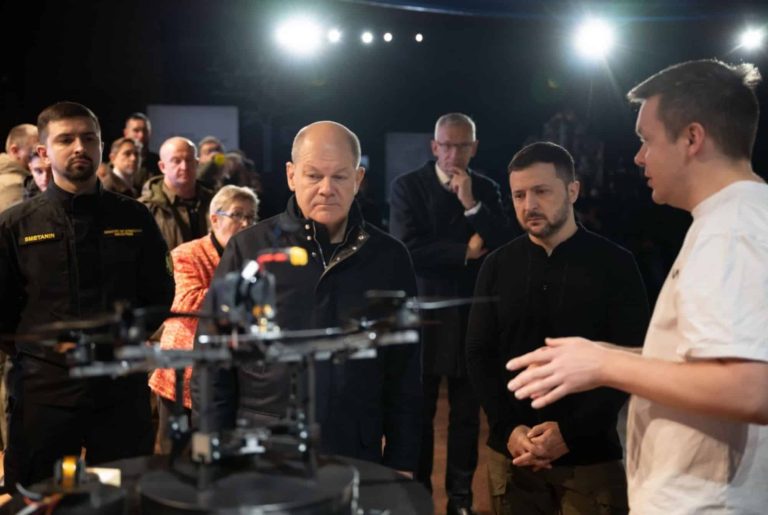
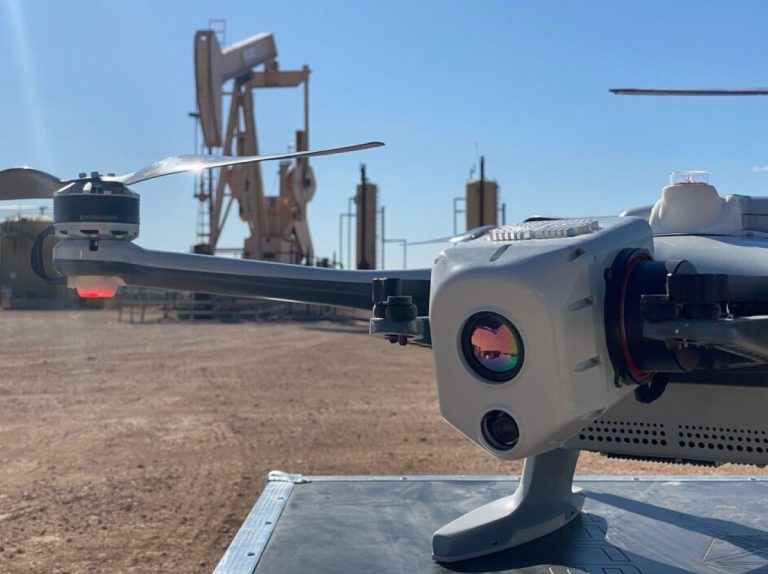
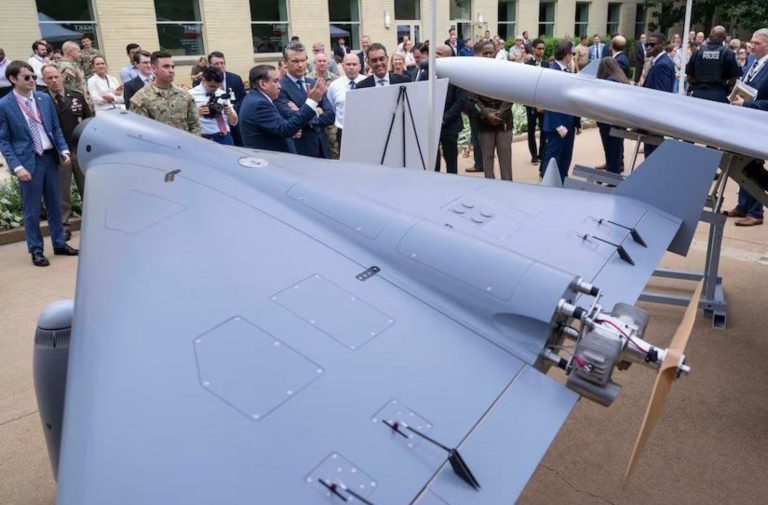

+ There are no comments
Add yours